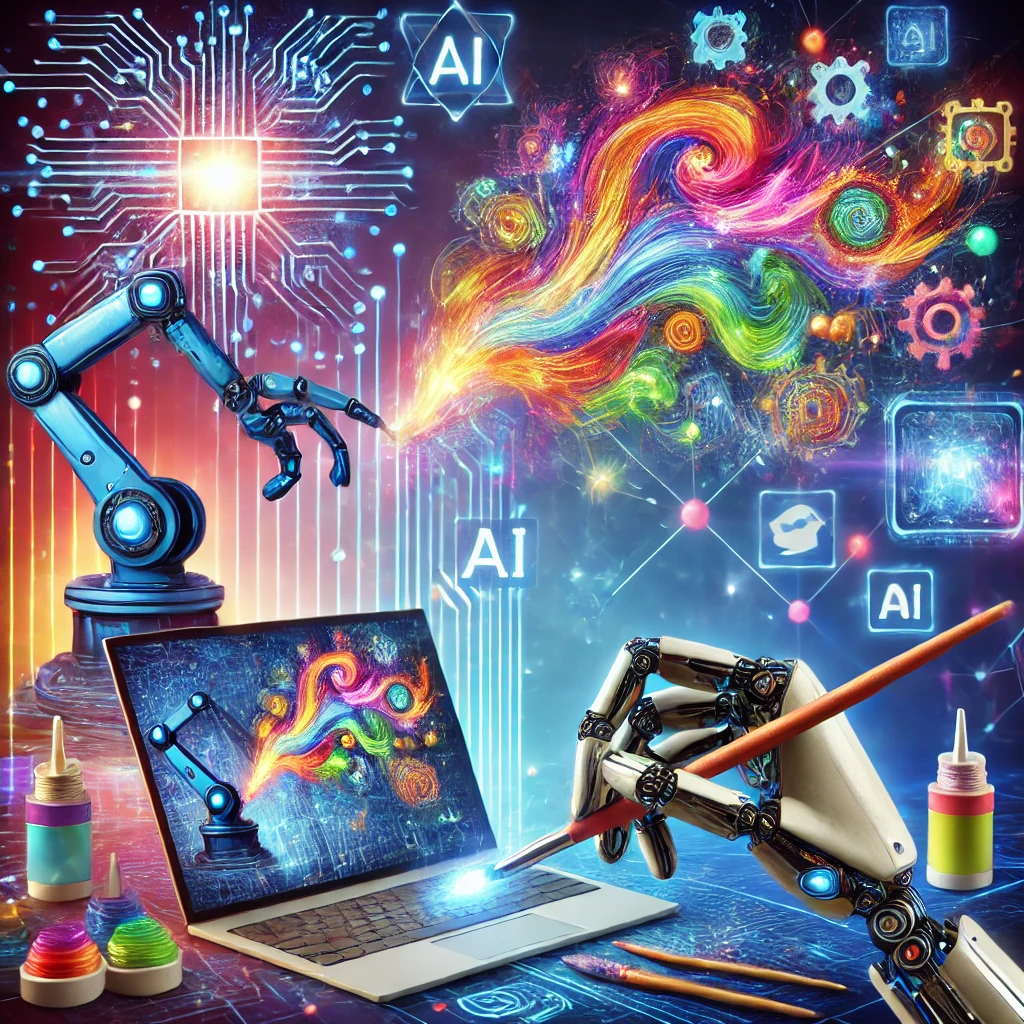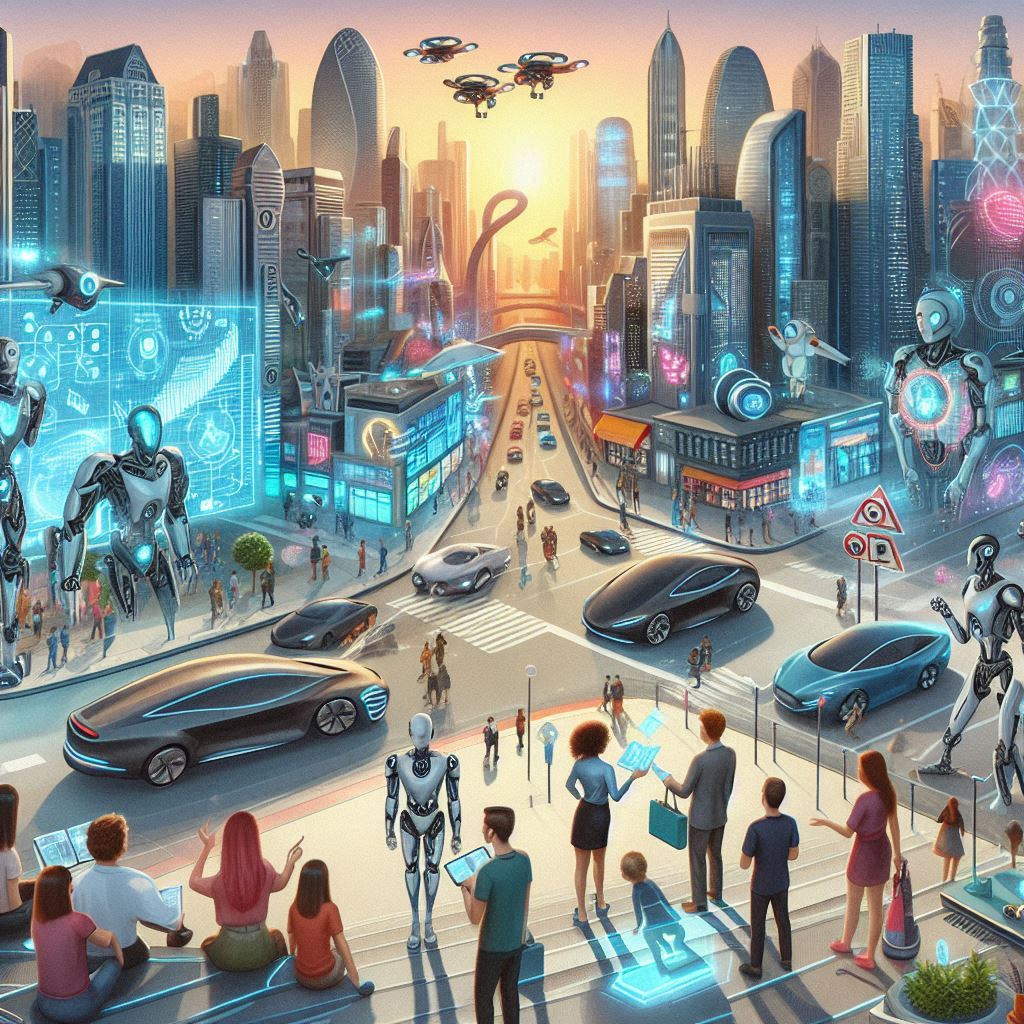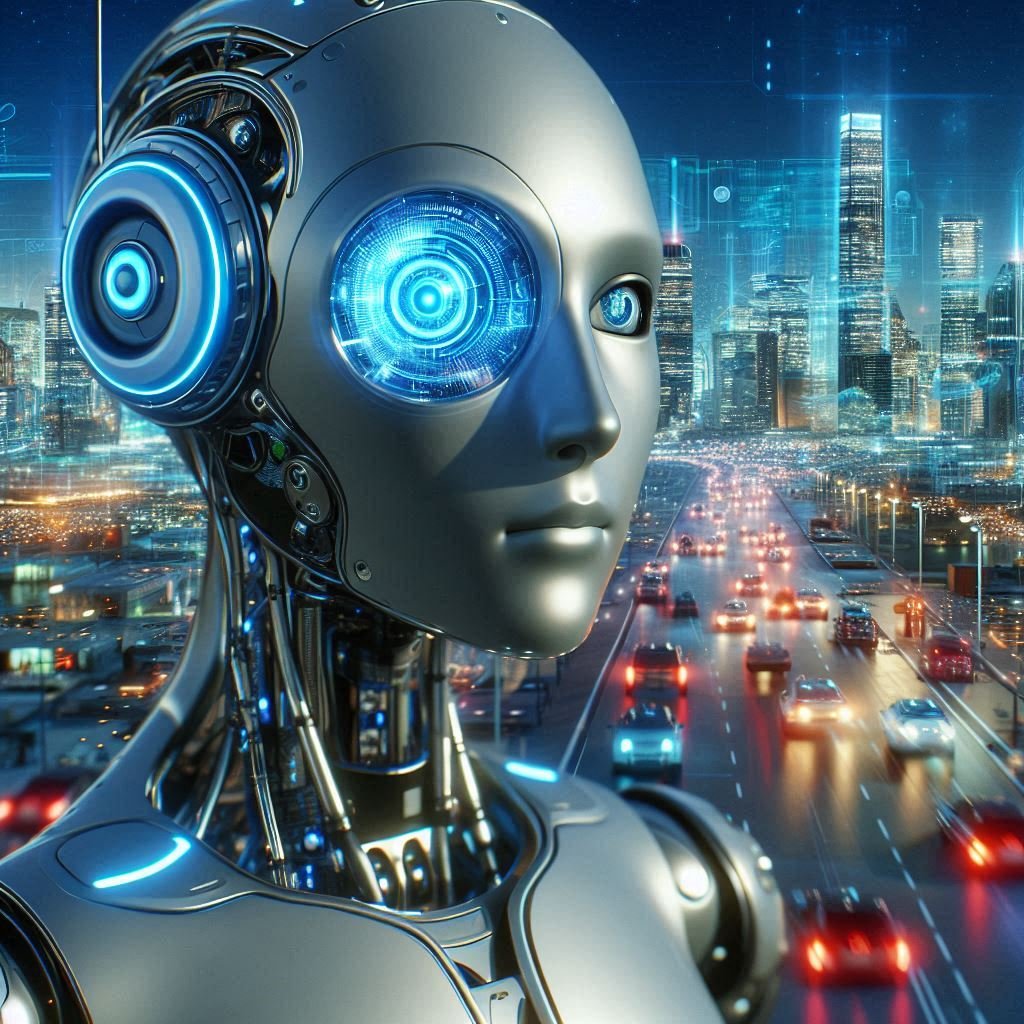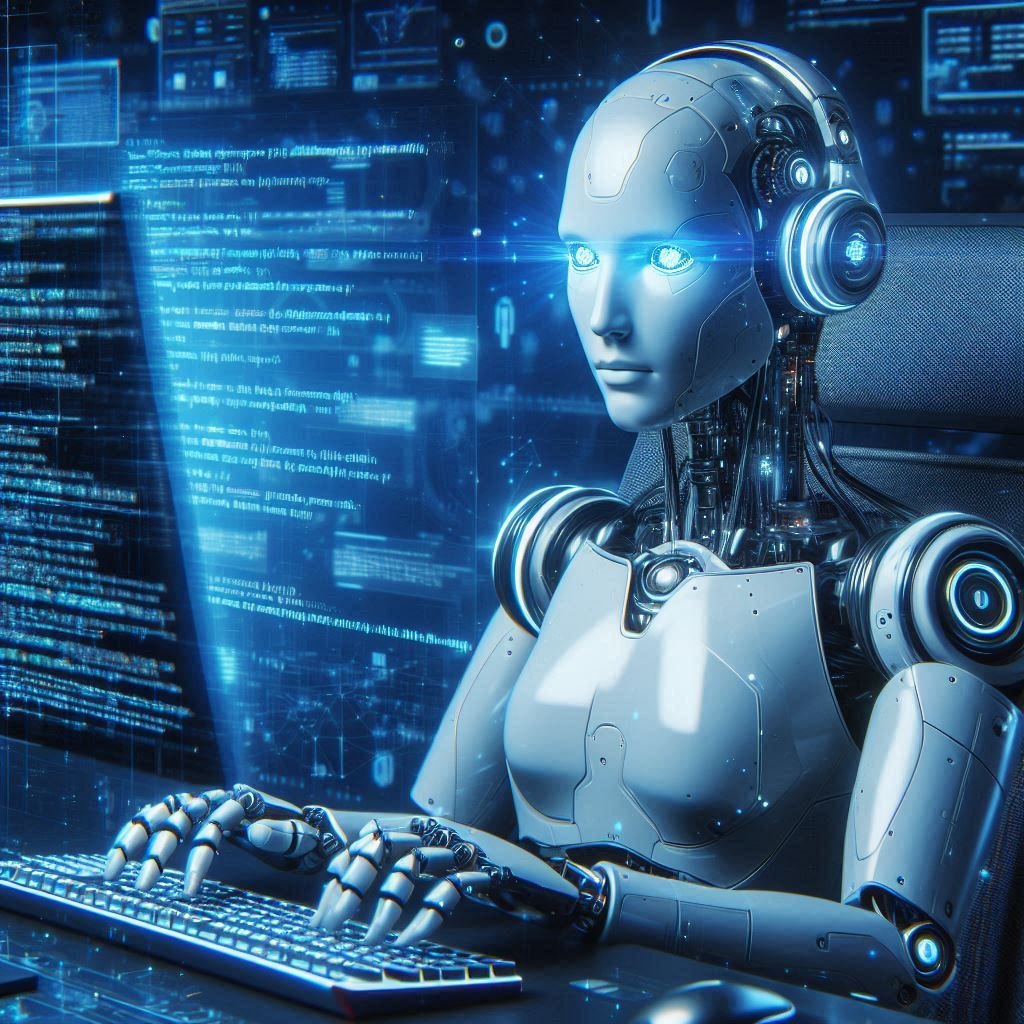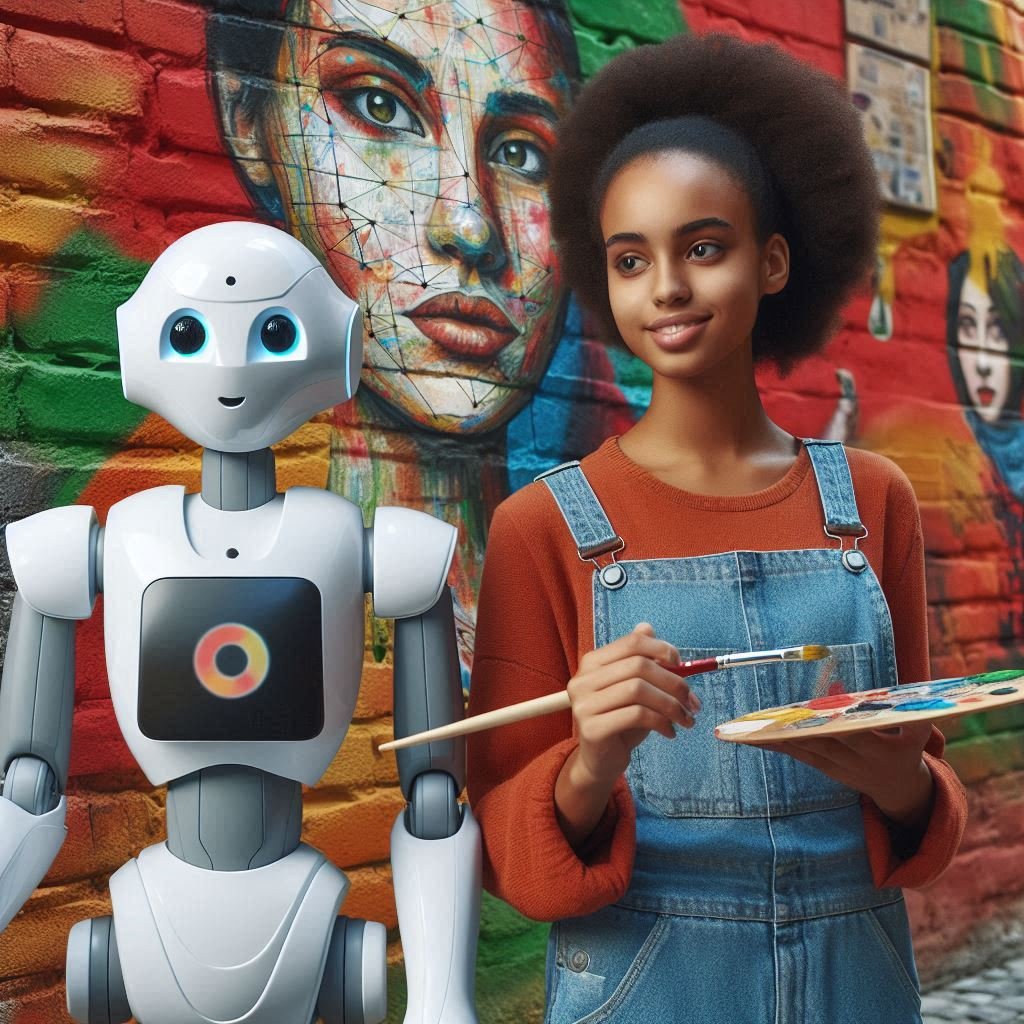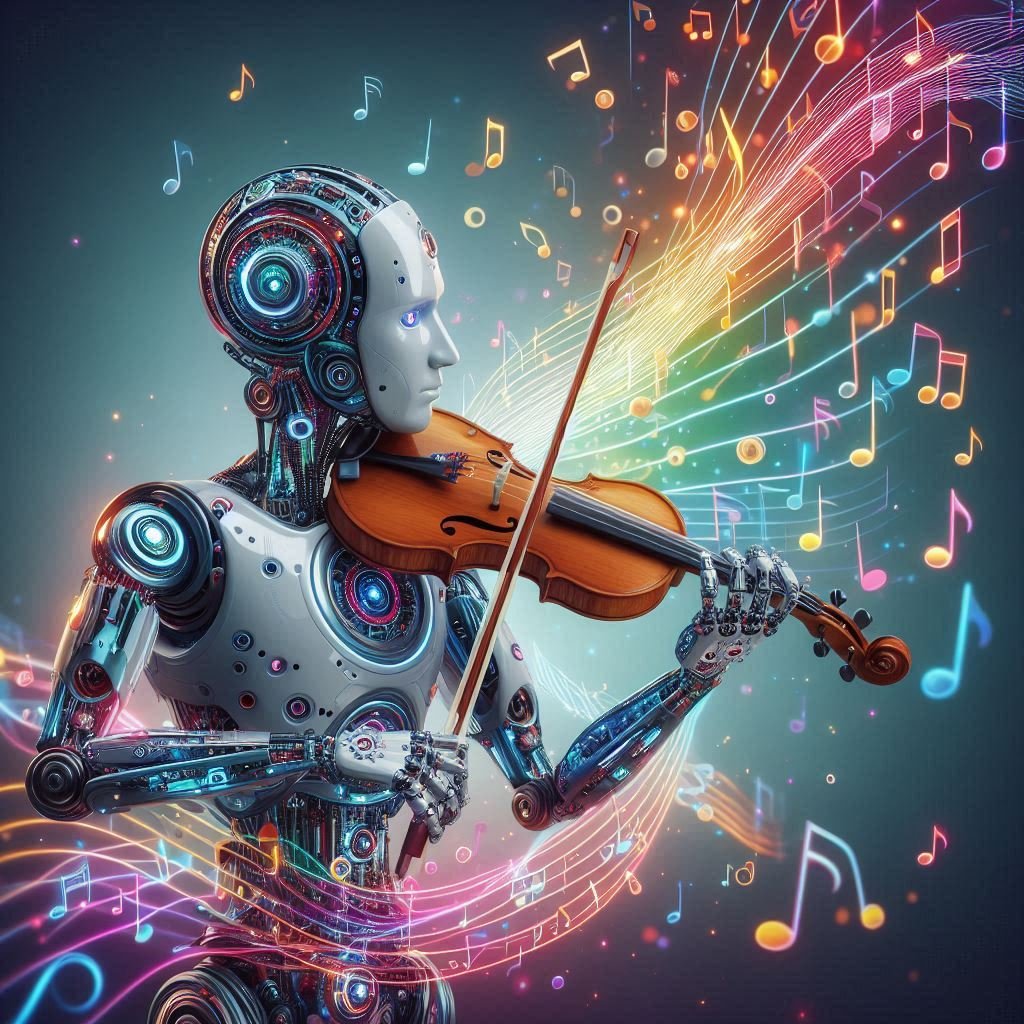7 Best AI Tools for Content Generation and Creation
Artificial Intelligence has revolutionized the field of content generation and creation, enabling individuals and businesses to produce high-quality content faster and more efficiently. Whether it’s written content, visuals, or multimedia, AI tools have become indispensable. The Importance of AI Tools in Content Generation The rise of AI tools in content generation is driven by the growing demand for high-quality, consistent, and scalable content across industries. Content is the backbone of modern communication, whether in marketing, education, or entertainment. AI tools address the limitations of human resources by automating repetitive tasks like drafting, editing, and idea generation. Businesses can now create SEO-optimized, relevant content in less time, enhancing both productivity and online visibility. These tools help bridge the gap between creativity and efficiency, ensuring that the message reaches the right audience at the right time. AI tools have democratized content creation, making it accessible to individuals and small businesses that may not have large budgets for hiring creative professionals. For startups, bloggers, and marketers, AI provides a cost-effective way to stay competitive in the crowded digital space. Furthermore, these tools offer personalization capabilities, allowing brands to tailor content for their target audience, ultimately improving engagement and conversions. The Role of AI in Visual Content Creation Visual content is increasingly dominating digital platforms, as audiences prefer engaging visuals over text-heavy information. AI tools in visual content creation, such as Canva AI and MidJourney, streamline the creative process by eliminating the need for advanced design skills. They empower individuals to produce professional-quality visuals, enhancing brand identity and storytelling. For businesses, this means being able to quickly respond to trends, create consistent branding, and increase audience engagement without relying on large design teams. The use of AI in visual content also allows for innovation and experimentation. Tools like MidJourney enable artists to explore new creative frontiers, blending art with technology. By reducing the time and effort needed to create visuals, AI tools allow creators to focus on ideation and strategy, leading to better outcomes. In a digital-first world, AI-driven content tools are no longer optional; they are essential for growth, creativity, and staying ahead of the competition. Here are the seven best AI tools that stand out in the domain of content creation and generation: ChatGPT has become the go-to AI tool for text-based content creation. Powered by OpenAI’s GPT models, it can generate well-structured articles, blog posts, and creative stories within minutes. Its natural language processing abilities ensure human-like coherence, making it ideal for marketers, writers, and educators. With its versatility in tone, style, and purpose, ChatGPT is widely recognized for its user-friendly interface and ability to cater to diverse content needs. Jasper AI is a content generation powerhouse tailored for marketing and SEO purposes. It allows users to create engaging content, from ad copies to long-form blog posts, with ease. Jasper’s unique templates for social media posts, product descriptions, and email campaigns help save time while maintaining quality. Its integration with SEO tools like SurferSEO ensures that content not only resonates with readers but also ranks well on search engines. Copy.ai is designed to eliminate writer’s block by offering quick solutions for short-form content creation. It is especially useful for generating ad copies, product descriptions, and social media captions. The tool provides users with an intuitive experience, offering a variety of tones to suit the brand’s voice. Copy.ai’s strength lies in its speed and precision, making it a popular choice for content marketers and e-commerce platforms. Writesonic combines the best of AI with a focus on both long-form and short-form content. It provides blog posts, landing pages, and ad copies that align perfectly with user intent. Writesonic’s built-in editing and paraphrasing tools enhance flexibility for content creators. Its versatility makes it ideal for entrepreneurs, marketers, and SEO professionals looking to scale their content production. For visual content creation, Canva AI stands out as an accessible and powerful tool. The platform’s AI-driven features, such as Magic Design and AI-based image suggestions, help users create professional-quality graphics, presentations, and videos. Canva AI is perfect for social media managers, designers, and educators who need engaging visuals without technical expertise. Its user-centric design and vast library of templates make it a market leader. Lumen5 is a top-tier tool for AI-based video content creation. It turns blog posts and written articles into engaging videos using AI-driven automation. With its drag-and-drop interface and intelligent scene selection, Lumen5 simplifies video production for content marketers and educators. This tool is particularly beneficial for businesses looking to increase engagement through video storytelling. For AI-based visual art generation, MidJourney has emerged as a powerful solution. Its AI capabilities transform textual prompts into breathtaking digital artworks. Artists, game developers, and creative agencies leverage MidJourney for unique designs and concept visuals. The tool’s ability to blend creativity with AI makes it one of the most innovative platforms in the content creation space.
7 Best AI Tools for Content Generation and Creation Read More »
